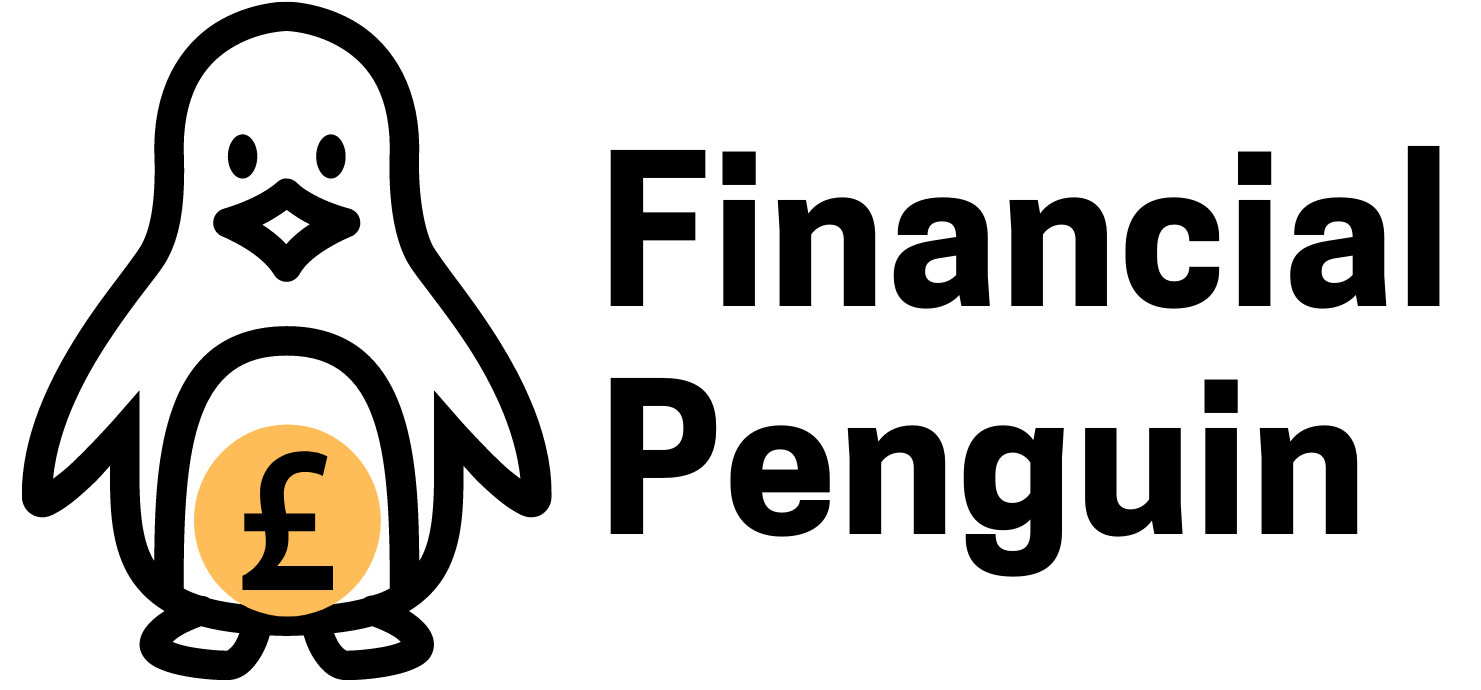Understanding Car Finance
Navigating the world of car finance can feel like driving through a maze without a map for many consumers. With a variety of financing options available, understanding the nuances of each can empower you to make informed decisions that align with your financial goals and needs. This blog article aims to shed light on car finance, breaking down its complexities and guiding you through the best practices for securing a deal that suits your budget and lifestyle.
What is Car Finance?
Car finance refers to the various financial products available to individuals looking to purchase a vehicle. Car’s are expensive and not everyone can afford to buy a car by paying the full upfront, so car finance products enable buyers to get a car by spreading the cost over a period of time. The most common types of car finance include car loans, leasing, and hire purchase agreements. We’ll explain these products in more detail shortly.
How Car Finance Works
Accessing car financing can be done through various avenues, including banks, credit unions, online lenders, and car dealerships. The mechanics of car finance and the type of financing you choose can significantly impact your overall cost and ownership experience. Here’s a detailed look at how car finance works, including the types of car finance available and their pros and cons.
Types of Car Finance
Car Loans
Borrow from a bank or lender to pay for the car upfront. Repay in monthly instalments with interest.
- Loan: £20,000 at 5% for 5 years
- Monthly Payment: ~£377.42
- Total Repayment: £22,645.20
Leasing
Long-term car rental — pay monthly to use the car, return it or buy at the end of the term.
- Car Value: £25,000
- Monthly: £300 for 3 years
- Residual: £10,000
- Total Lease: £10,800 + deposit
Hire Purchase
Pay in monthly chunks and own the car at the end.
- Car Price: £20,000
- Deposit: £2,000
- Amount Financed: £18,000 @ 6% for 4 years
- Monthly: ~£422.50
- Total Repayment: £20,280
Personal Loan
Take out an unsecured loan to buy the car outright. Offers flexibility and potential lower rates.
- Loan Source: Bank or online lender
- Typical Rate: 3% – 6%
- Term: 1–7 years
- Use: Buy the car in full
Choosing the Right Car Finance Option
When deciding on the best car finance option, consider the following factors:
Interest Rates: Compare the APR (Annual Percentage Rate) of independent loans and dealer finance options. Independent loans often have lower rates.
Total Cost: Calculate the total repayment amount for each option, including interest and fees.
Ownership: Decide if you want to own the car outright (hire purchase/car loan) or if you’re comfortable with not owning it at the end of the term (leasing).
Flexibility: Consider the flexibility of payments and as any penalties for early repayment or ending a lease early.
Thinking of financing a car?
Use our free Car Finance Calculator to quickly estimate your monthly payments based on loan amount, interest rate, and term. It’s simple, fast, and helps you plan with confidence.
Try the Car Finance CalculatorTips for Navigating Car Finance
Understand Your Credit Score: Your credit score significantly influences the interest rates you'll qualify for. Check your credit score before applying for financing to ensure you're getting the best deal possible.
Shop Around: Don't settle for the first financing offer. Compare rates from different lenders or financing options to find the most favorable terms.
Read the Fine Print: Be aware of any additional fees, penalties for early repayment, or conditions that could affect your finance agreement.
Budget Wisely: Consider the total cost of ownership, including insurance, maintenance, and fuel, when budgeting for your new car. Ensure the monthly payments are manageable within your budget.
Negotiate: Whether it's the price of the car or the terms of your financing, don't be afraid to negotiate to get a better deal.
Independent Loans vs. Specialist Car Financing
Independent Loans:
Pros:
Often have lower interest rates.
Greater flexibility in terms.
Not tied to a specific dealership.
Cons:
May require more effort to shop around and compare options.
Approval may be stricter depending on the lender.
Specialist Car Financing:
Pros:
Convenient and streamlined process directly through the dealership.
May offer promotions or incentives tied to the vehicle purchase.
Cons:
Generally higher interest rates.
Less flexibility and potentially higher overall costs.
Pitfalls to Avoid
Overstretching Your Budget: It's tempting to finance a more expensive car than you can afford, but this can lead to financial strain. Stick to what's comfortable for your budget.
Ignoring the Total Cost: Focus on the total loan cost, not just the monthly payment. A lower monthly payment might seem attractive but could end up costing more in the long run due to a longer loan term.
Skipping the Down Payment: If possible, make a substantial down payment to reduce your loan amount and interest payments.
Conclusion
Choosing the right car finance option is crucial to managing your finances effectively and ensuring that you get the best deal possible. Whether you opt for an independent loan, dealer financing, leasing, or hire purchase, it's important to understand the mechanics of how each works, compare interest rates and total costs, and consider your long-term financial goals and vehicle ownership preferences. By taking the time to explore your options and understand the details, you can make an informed decision that suits your needs and budget.
